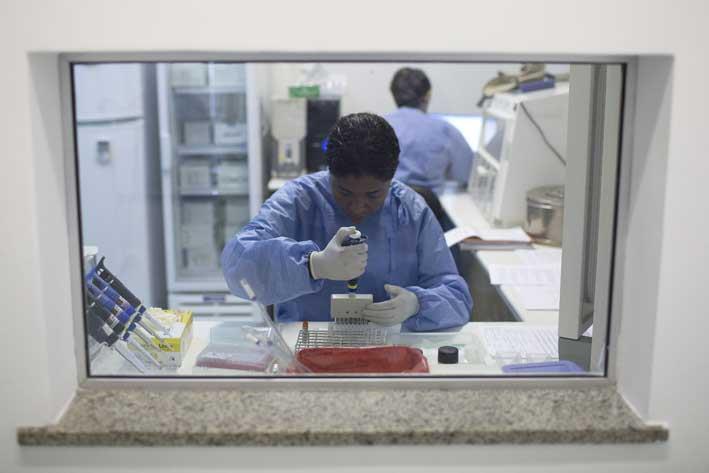Since last week, the Zika virus epidemic was reported to have been spreading in the Americas, the Health Department said.
Zika virus is an infection which is transmitted primarily by Aedes aegypti mosquitoes but also Aedes albopictus mosquitoes. These mosquitoes are widely distributed in the Americas and hence it is likely to continue to spread.
The Aedes albopictus mosquito species is established in many parts of the EU, primarily around the Mediterranean however the risk of transmission of Zika virus infection is extremely low in the EU during winter season as the climatic conditions are not suitable for the activity of this mosquito.
The virus is not transmitted directly from one person to another.
About 1 in 5 people infected with Zika virus become ill. The most common symptoms of Zika are fever, rash, joint pain, or conjunctivitis (red eyes). Other common symptoms include muscle pain and headache with symptoms lasting from few days to a week. Severe disease requiring hospitalization is uncommon and deaths are rare. In the Americas they have noted a link between Zika virus infection during pregnancy and adverse pregnancy outcomes.
The Health Authorities in Malta are in direct communication with the European Centre for Disease Prevention and Control and the Health Security of the Commission to follow the situation. Travel associated cases have been reported in the EU in people who travelled to affected areas.
Countries affected with the virus so far are El Salvador, Venezuela, Colombia and Brazil, Suriname, French Guiana, Honduras, Mexico, Panama and Martinique are currently experiencing a rapidly evolving Zika virus epidemic with an increasing or widespread transmission; while in Bolivia, Guyana, Ecuador, Guadeloupe, Guatemala, Paraguay, Puerto Rico, Barbados, Saint Martin and Haiti have only reported sporadic transmission.
People who plan to travel to affected areas outlined above are advised to:

· Take individual protective measures to prevent mosquito bites.
· Travellers that have immune disorders or severe chronic illnesses should consult their doctor before travelling.
· Pregnant women and women who are trying to become pregnant, and who plan to travel to the areas experiencing transmission of Zika virus, should discuss their travel plans with their healthcare providers and consider postponing their travel to affected areas, especially to areas with increasing or widespread transmission.
· Individual protective measures to prevent mosquito bites should be applied all day long, especially during mid-morning and late afternoon to dusk, which are the periods of highest mosquito activity.
· Travellers showing symptoms compatible with dengue, chikungunya or Zika virus disease within three weeks after returning from an affected area should contact their healthcare provider.
· Pregnant women who have travelled to areas with Zika virus transmission should mention their travel during antenatal visits in order to be assessed and monitored appropriately.
· Personal protection measures to avoid mosquito bites should include:
− Using mosquito repellents in accordance with the instructions indicated on the product label. DEET based repellent use is not recommended in children under three months of age.
− Wearing long-sleeved shirts and long pants, especially during the hours of highest mosquito activity.
− Using mosquito nets, whether they are impregnated or not, is essential if accommodation is not adequately screened or air-conditioned.